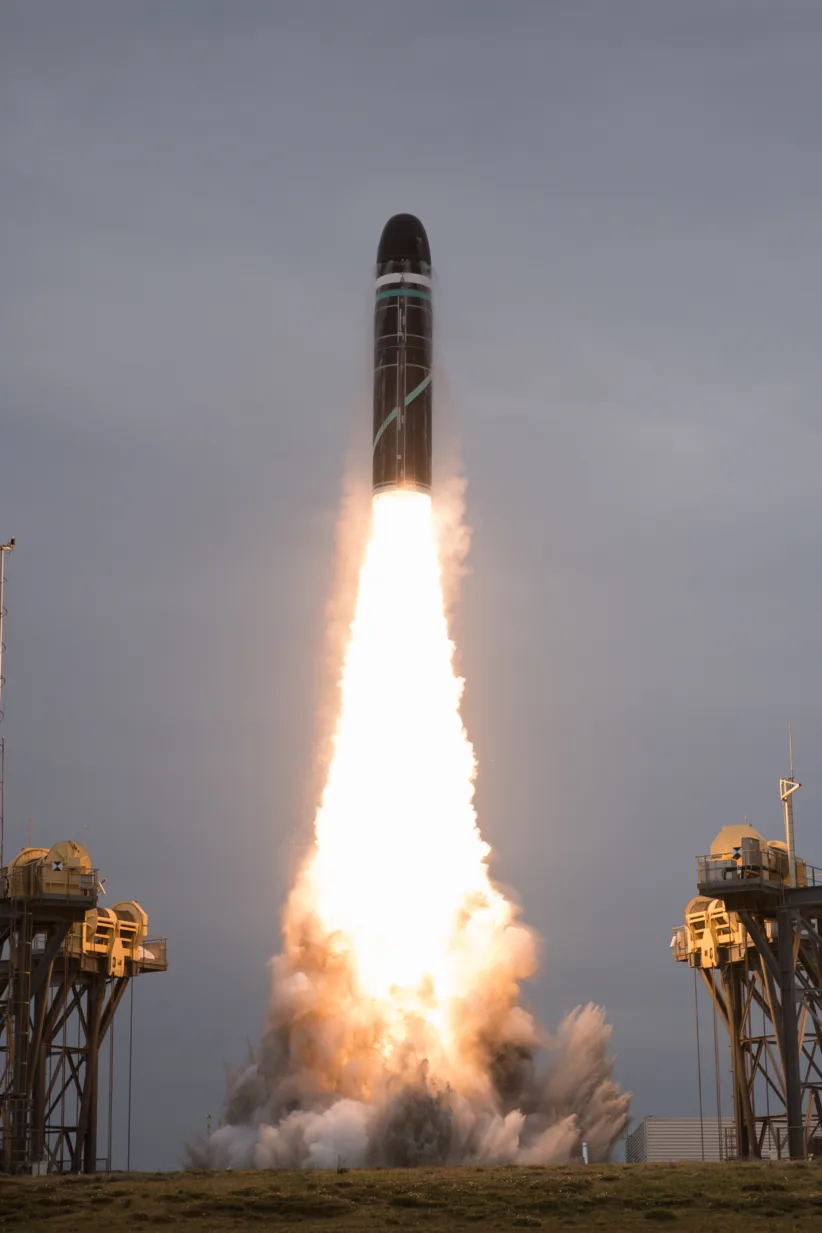The prohibition on seeking or receiving assistance
In 2024, eleven states engaged in conduct that was not compatible with the Treaty on the Prohibition of Nuclear Weapons’ (TPNW) prohibition on seeking or receiving assistance for acts that are unlawful under the Treaty. France, Russia, the United States, and the United Kingdom all continued to receive various forms of assistance with their ongoing development, production and possession of nuclear weapons. The United Kingdom also received assistance for the deployment of foreign nuclear weapons on its territory, as did Belarus, Belgium, Germany, Italy, the Netherlands, and Türkiye. Finally, Poland sought but did not receive assistance for such deployment.

For more information on the conduct that amounted to seeking or receiving assistance to engage in prohibited acts, see the 2024 edition of the Nuclear Weapons Ban Monitor.
ARTICLE 1(1)(f) - INTERPRETATION
Each State Party undertakes never under any circumstances to: ‘Seek or receive any assistance, in any way, from anyone to engage in any activity prohibited to a State Party under this Treaty.’
- In contrast to Article 1(1)(e) of the TPNW, which prohibits states from assisting prohibited acts by others, Article 1(1)(f) prohibits states from seeking or receiving assistance to violate the Treaty themselves. It does not matter whether or not the assistance is actually received.
- This precludes any state party from asking any other state or any natural or legal person (i.e., a company) to help it develop, possess, stockpile, test, produce, use, transfer, or receive nuclear weapons or other nuclear explosive devices, including where it is sought that foreign nuclear weapons will be stationed or deployed to their territory.
- A similar prohibition, imposed only on non-nuclear-weapon states, is contained in Article II of the Treaty on the Non- Proliferation of Nuclear Weapons (NPT), though it applies only to manufacture: the undertaking is to ‘not to seek or receive any assistance in the manufacture of nuclear weapons or other nuclear explosive devices’.